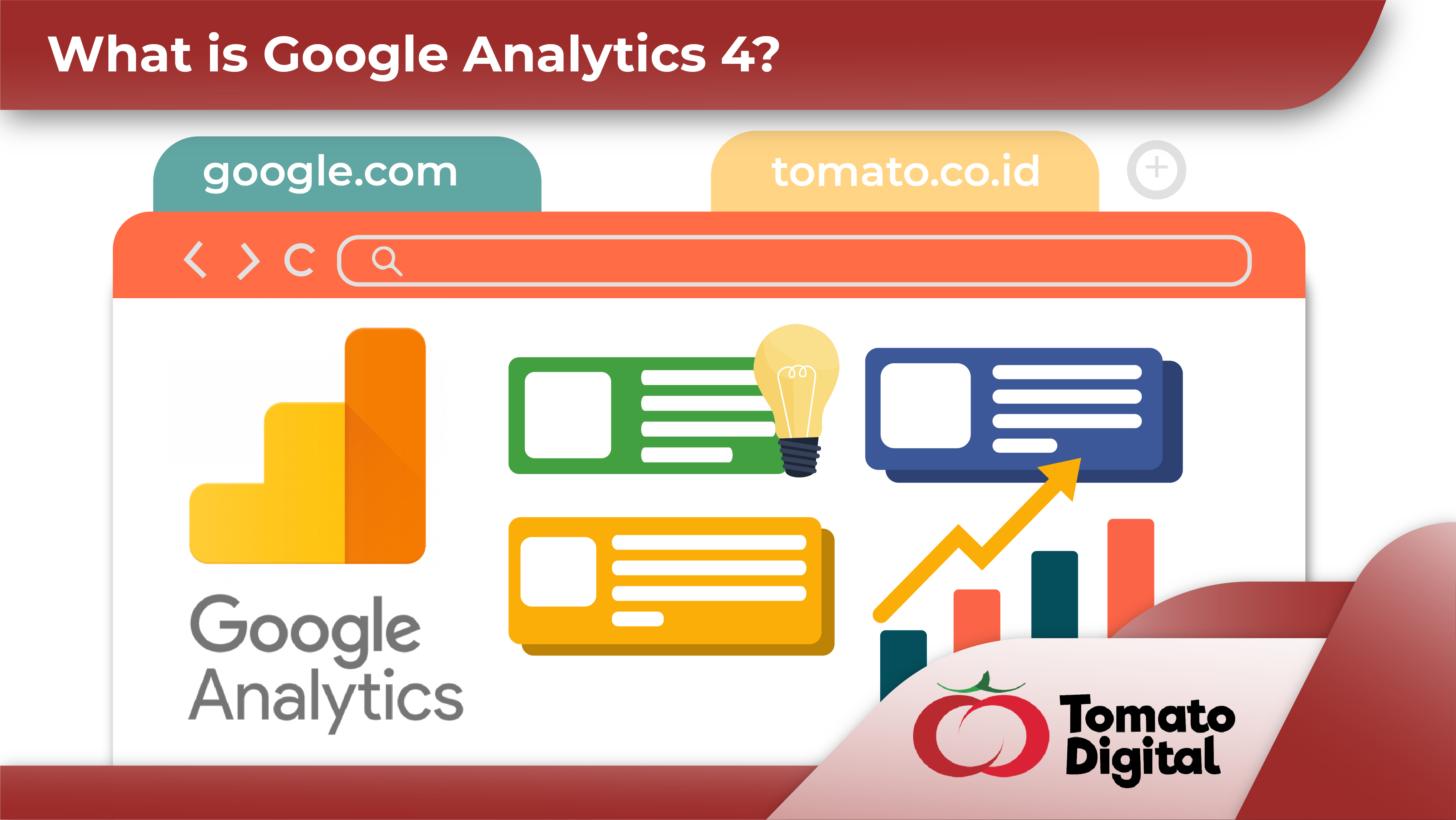Google has announced that Google Universal Analytics will no be longer used anymore. Therefore, it's a must for you to understand what is Google Analytics 4.
For your information, Google has announced the release of Google Analytics 4 (GA4) in October 2020. Google Analytics 4 has the flexibility to measure many different kinds of data, such as websites and apps.
Despite the functions, many people aren’t sure what Google Analytics 4 is, the features of GA4, and how to set up without losing history data on the platform.
Let’s take a deeper look at three fundamental differences between Google Analytics 4 and Universal Analytics.
The biggest difference between Universal Analytics and GA4 is that Universal Analytics uses a measurement model based on sessions and page views, while Google Analytics 4 uses a measurement model based on events and parameters.
A session is a group of user interactions with the website which take place over a given timeframe, for example,
multiple page views, events, and transactions.
While the principle of GA4 is that any interaction can be counted as an event. Events in Google Analytics 4 are grouped into 4 categories:
1. Automatically Collected Events
The events are automatically tracked when you install the GA4 base code, such as page_view, first_visit, and session_start.
2. Enhanced Measurement events
The events are also automatically collected alongside the base code, but they can be enabled or disabled depending on website functionality, for example, scrolls, outbound clicks, site search, and video engagement.
3. Recommended Events
This kind of Event is what Google recommends to set up and has been split into industry types. It just seems to be broad recommendations and the naming conventions are not essential.
4. Custom Events
You can create and implement these events and parameters based on website requirements. Current limits are 500 distinctly named events.
Clearly, there are some important differences between Google Analytics 4 (GA4) and Universal Analytics. And it’s essential to understand before you switch over.
If you have any further questions about the differences between GA4 and Universal Analytics, please don’t hesitate to get in touch with Tomato Digital Indonesia as a digital marketing agency in Indonesia.







